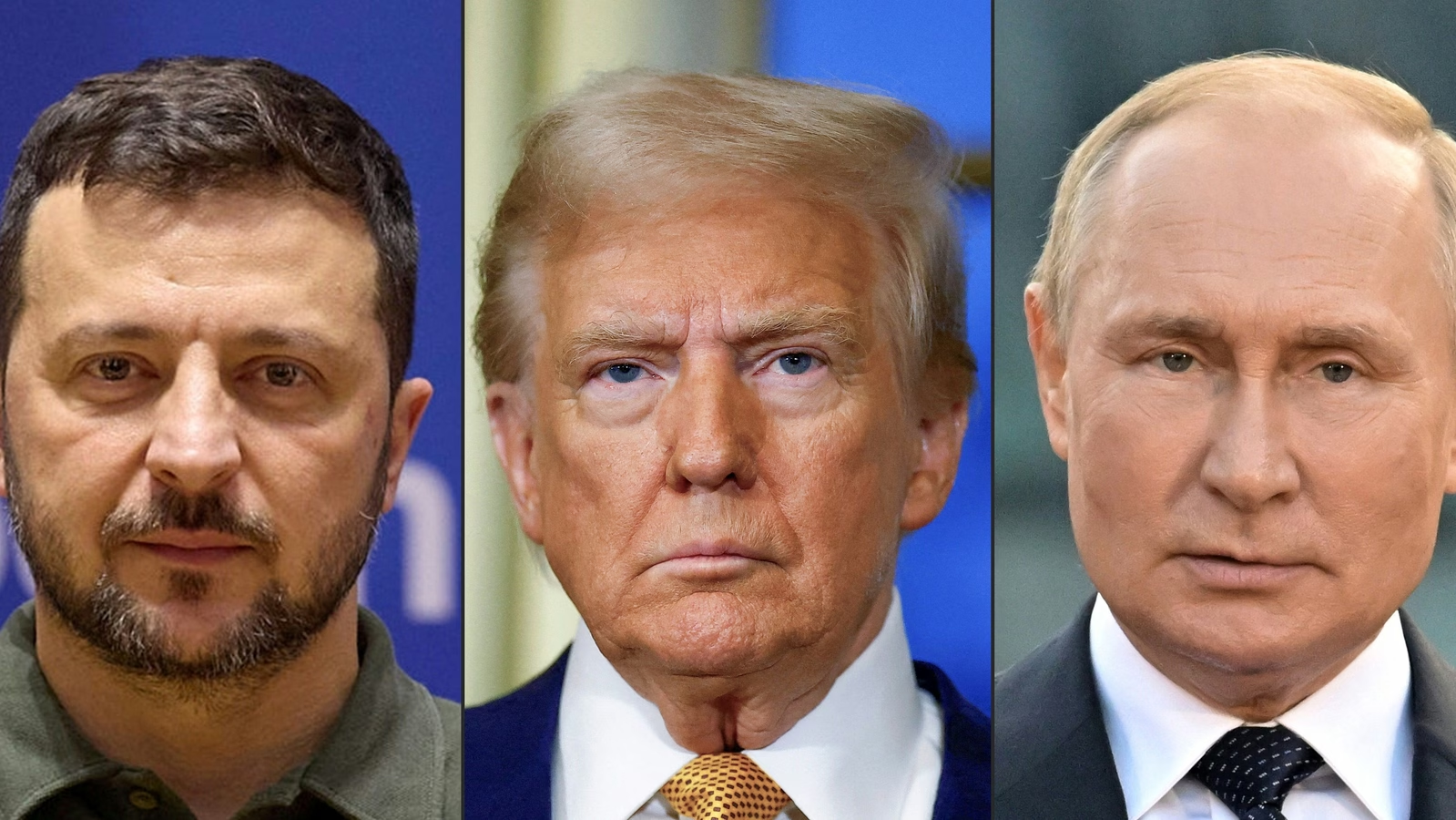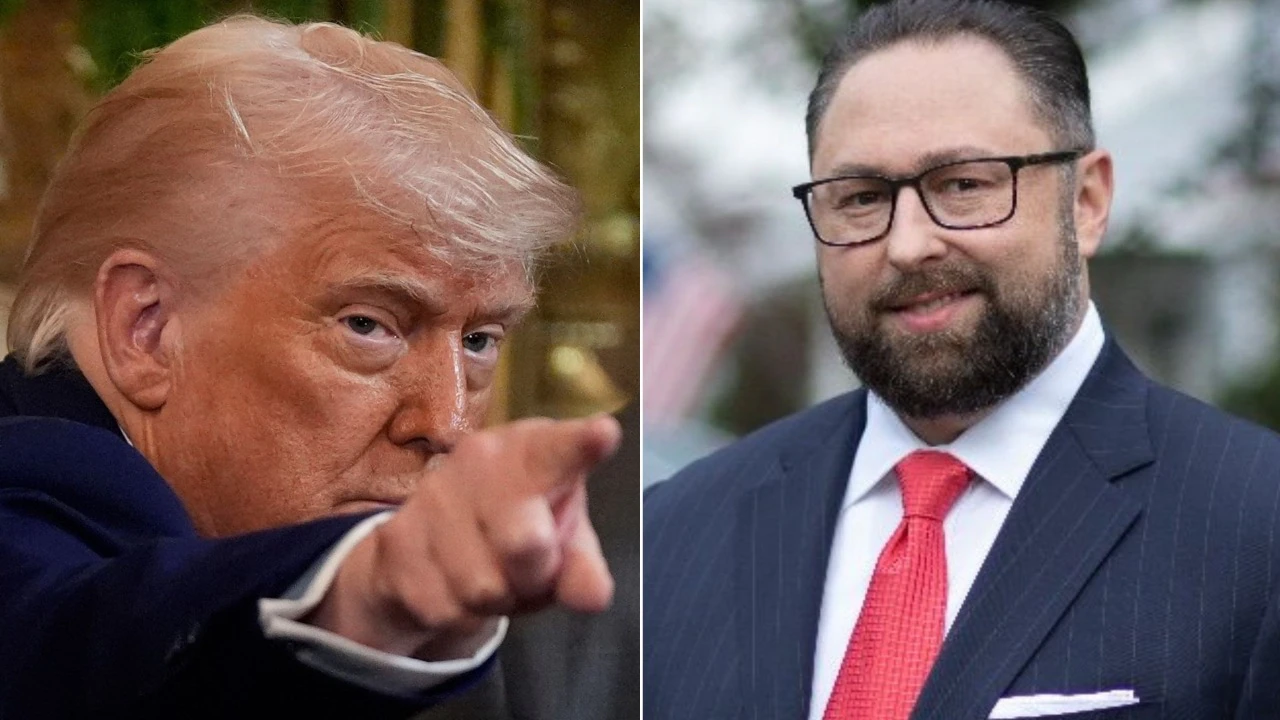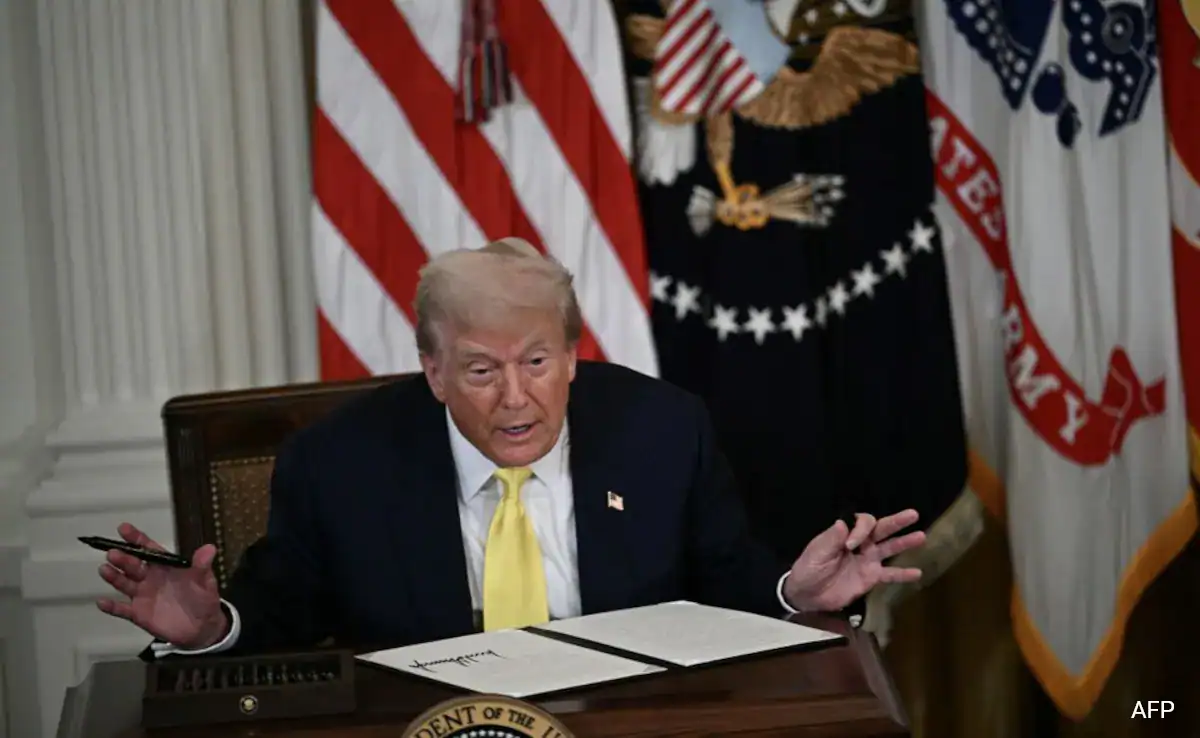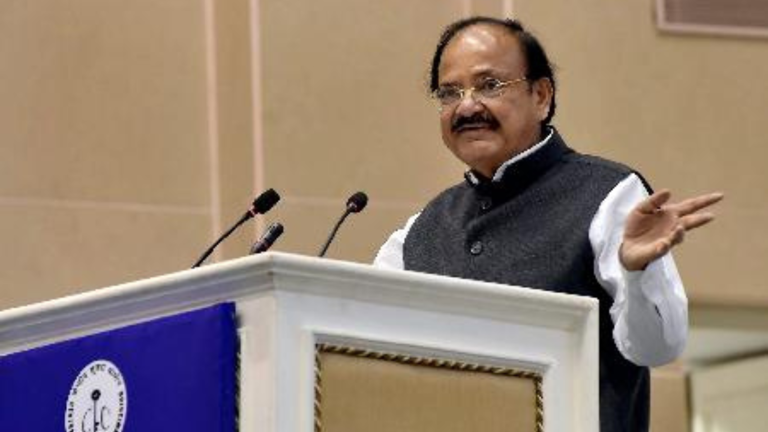
The geopolitical landscape of the current world stage is witnessing a flurry of diplomatic maneuvers, with Ukraine’s President Volodymyr Zelensky potentially stepping into a new role in an unprecedented diplomatic development. Recent reports suggest that Zelensky could be invited to participate in a summit between former U.S. President Donald Trump and Russian President Vladimir Putin. This move is reportedly being considered by the White House, indicating a possible shift towards backchannel negotiations aimed at resolving the ongoing conflict in Ukraine and addressing broader East-West tensions.
This potential invitation reflects the complex interplay of international diplomacy, where high-stakes negotiations are often conducted behind closed doors. Understanding the context and implications of such a summit requires a comprehensive look into the current global political climate, the interests of key players, and the strategic considerations driving these developments.
The Context of Middle Eastern and Global Diplomatic Efforts
The likelihood of Zelensky’s inclusion in a Trump-Putin summit is not occurring in an isolated vacuum. It aligns with a broader pattern of diplomatic efforts aimed at de-escalating conflicts and fostering dialogue. Notably, the U.S. and Russia’s diplomatic exchanges, such as the proposed Alaska summit and ongoing negotiations, have garnered global attention.
Recently, several key developments have underscored the international community’s cautious optimism regarding conflict resolution:
- US-Russia Talks in Alaska: The United States endorsed the prospect of a summit in Alaska, signaling an openness to dialogue despite current tensions. Prime Minister Modi of India publicly supported this initiative, emphasizing that dialogue could pave the way toward ending the Ukraine conflict.
- India’s Diplomatic Stance: India has reiterated its position that “not an era of war,” advocating for diplomatic engagement and peace. India’s endorsement underscores the global desire to see diplomatic solutions, even amid conflicting interests.
- Russian Proposals and U.S. Responses: Russian President Vladimir Putin previously expressed a willingness to halt the war in exchange for specific concessions regarding Eastern Ukraine. This indication opens the door for negotiations, albeit with many conditions yet to be negotiated.
- Western and Global Reactions: Western powers remain cautious but seek avenues for peace, with some considering direct or indirect negotiations involving Ukraine’s leadership and key global players.
These developments showcase a nuanced diplomatic landscape where dialogue, even with controversial figures like Trump, is being explored in hopes of stabilizing a protracted conflict.
What Could a Trump-Putin-Zelensky Summit Entail?
The potential assembly of President Zelensky with Donald Trump and Vladimir Putin in a summit format introduces several possibilities — some optimistic and others fraught with challenges. The main drive is to facilitate negotiations that might address critical issues such as:
- Ceasefire Agreements: A summit could serve as a platform to broker an immediate ceasefire, creating space for humanitarian aid and discussions on territorial disputes in eastern Ukraine.
- Territorial and Sovereignty Discussions: Key topics likely would include the status of eastern Ukraine and Crimea, with international actors pushing for negotiated agreements that respect Ukraine’s sovereignty.
- Sanctions and Diplomatic Relations: The summit could pave the way for recalibrations in sanctions policies against Russia, potentially easing tensions if mutual agreements are reached.
- Security Guarantees and Future Peace Frameworks: Discussions may involve security arrangements, peace treaties, and long-term strategies to prevent further escalation.
However, including Zelensky in such discussions indicates a recognition of Ukraine’s pivotal role — seeking to ensure that Ukraine’s voice and interests are represented on such high-profile platforms.
The Role of the White House and International Diplomacy
The White House’s potential move to consider Zelensky’s participation underlines the shifting diplomatic calculus. Historically, summits involving Trump and Putin took various forms, from personal diplomacy to formal meetings. Bringing Ukraine’s president into the fold could serve multiple strategic interests:
– **Facilitating negotiations:** Elevating Ukraine’s voice might help normalize dialogue channels and create momentum toward conflict resolution.
– **Building trust:** Including Zelensky shows diplomatic respect for Ukraine’s sovereignty, aligning with broader Western support.
– **Offsetting accusations of favoritism:** Engaging Ukraine in high-level talks balances the narrative of exclusive U.S.-Russia negotiations, emphasizing multilateral diplomacy.
Moreover, this move also signals the potential for a more flexible approach to international diplomacy, where complex conflicts are addressed through sensitive dialogue involving key stakeholders.
Implications for Global Politics and Future Prospects
While the prospect of Zelensky joining a Trump-Putin summit is still under consideration, its implications can be profound. Several potential outcomes and challenges include:
– **Positive shifts toward peace:** If successful, such a summit could accelerate the resolution of the Ukraine conflict, reduce hostilities, and foster better East-West relations.
– **Risks of political exploitation:** High-profile meetings can sometimes serve domestic political purposes, and their outcomes are often unpredictable.
– **Precedent for future diplomacy:** This development might signal a new era where unconventional channels are explored more openly in global conflict resolution efforts.
– **Potential for increased regional stability:** Greater dialogue could encourage neighboring countries to pursue peaceful strategies and reduce regional tensions.
However, critics caution that such summits without comprehensive commitments may yield limited tangible results and could be exploited for political gains rather than substantive peace.
Expert Opinions and International Reactions
International analysts and diplomatic experts are divided on the prospects of these high-stakes negotiations. Some emphasize the importance of including Ukraine’s leadership directly in diplomatic processes, advocating for Zelensky’s participation. Others warn about the complex diplomatic signals such summits send, especially given the controversial histories of the involved leaders.
Meanwhile, nations around the world are watching closely. Countries like India have expressed support for dialogue, emphasizing that peaceful negotiations should trump confrontational approaches. Conversely, Western allies are urging caution, seeking guarantees that any talks are productive and uphold Ukraine’s sovereignty.
Conclusion: A Delicate Balance of Diplomacy and Strategy
The possibility of Ukraine’s Zelensky receiving an invitation to a Trump-Putin summit marks a significant development in ongoing international efforts toward conflict resolution. While fraught with uncertainties, such diplomacy underscores the importance of dialogue amid unresolved conflicts and geopolitical rivalries.
The coming weeks may reveal whether this bold diplomatic move materializes and how it influences the trajectory of the Ukraine conflict and East-West relations. It also highlights the evolving nature of diplomacy — flexible, strategic, and often unpredictable — especially amidst turbulent global times.
As global players navigate this complex diplomatic terrain, the hope remains that dialogue and negotiation, rather than confrontation, will ultimately guide the world toward peace and stability.
For more updated news please keep visiting Prime News World.








